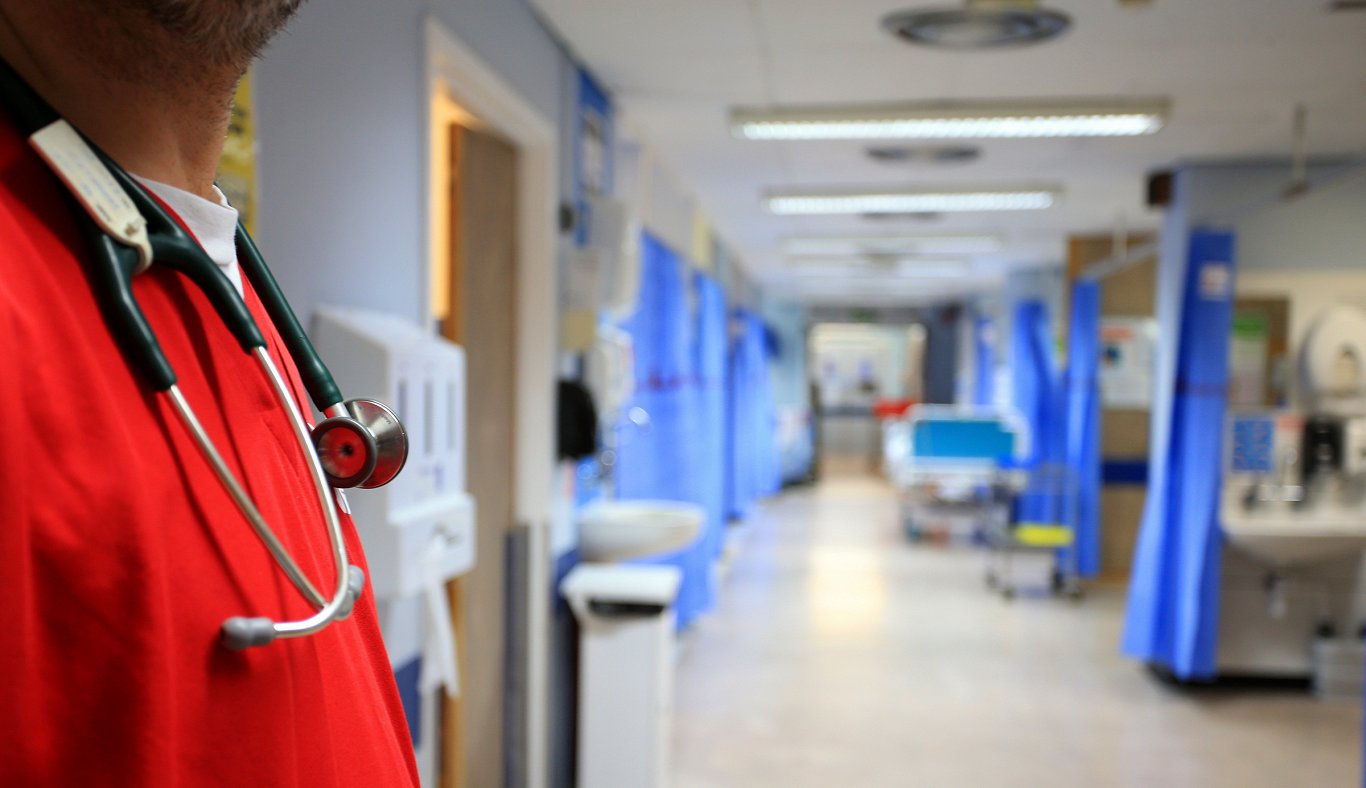The Medical Association believes the new healthcare financing system that divides residents into two groups, based on their social contributions, is currently impossible to implement.
The association points out that further discussion is needed about the proposed system of two baskets of healthcare services and its impact on access to healthcare, "which already is the worst in the European Union."
Technical problems observed over the last few days of 2018 and January 1 suggest that it may be impossible to determine the status of a patient visiting his or her family physician or a hospital in the future also, the association warns.
That is why the Medical Association believes that the current healthcare financing system should be left unchanged until June 1, and in the meantime discussions should continue on how to improve, not limit, access to healthcare services in Latvia.
As reported, due to the IT problems the National Health Service is unable to run the system of healthcare services that helps to determine the healthcare insurance status of patients. The service released a statement on December 31 saying that it has discovered errors in the system, and is working on them.
The National Health Service decided earlier that if any technical problems occur due to which a person's insurance status is impossible to determine, the cost of any kind of healthcare services received by that person will be covered by the state, regardless of whether the person is or is not insured.
Should there be any trouble with determining the insurance status of a person, the healthcare institution being visited by the person will have to provide the required healthcare services according to the current procedure, that is, irrespective of whether the person is insured or not.
As of 2019, patients who want to receive the full basket of government-funded healthcare services will need mandatory health insurance policies.
Starting this year, all healthcare services paid for by the state would be available only to insured residents. These services will be available automatically to all employees who have been making social contributions for at least nine months, as well as residents who are included in any of the 21 social protection systems - pensioners, schoolchildren, students, and others.
In the meantime, all residents - including those who make no social contributions - will have access to the basic set of healthcare services paid for by the state: emergency medical service, visits to family physician, and state-covered medications for persons with mental problems, dependencies, diabetes, and infectious diseases such as HIV, AIDS, tuberculosis and others. Cancer treatment and cardiovascular diagnostics are also included in the basic set of healthcare services paid for by the state.
Residents who do not have state health insurance are required to make a payment of €206.40 to have access to all healthcare services paid for by the state as of January 1 this year.





























